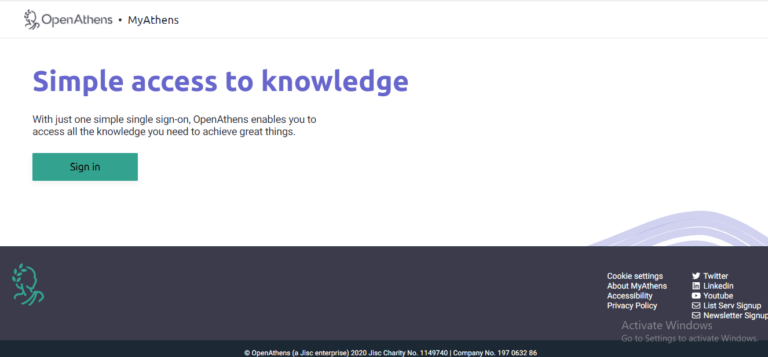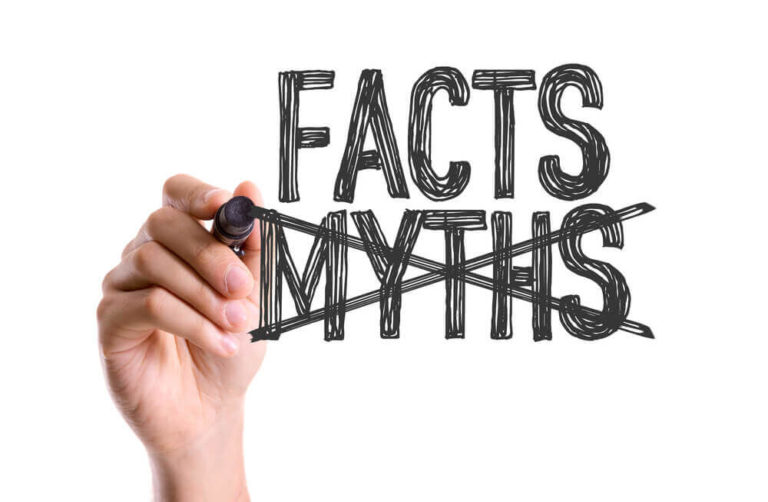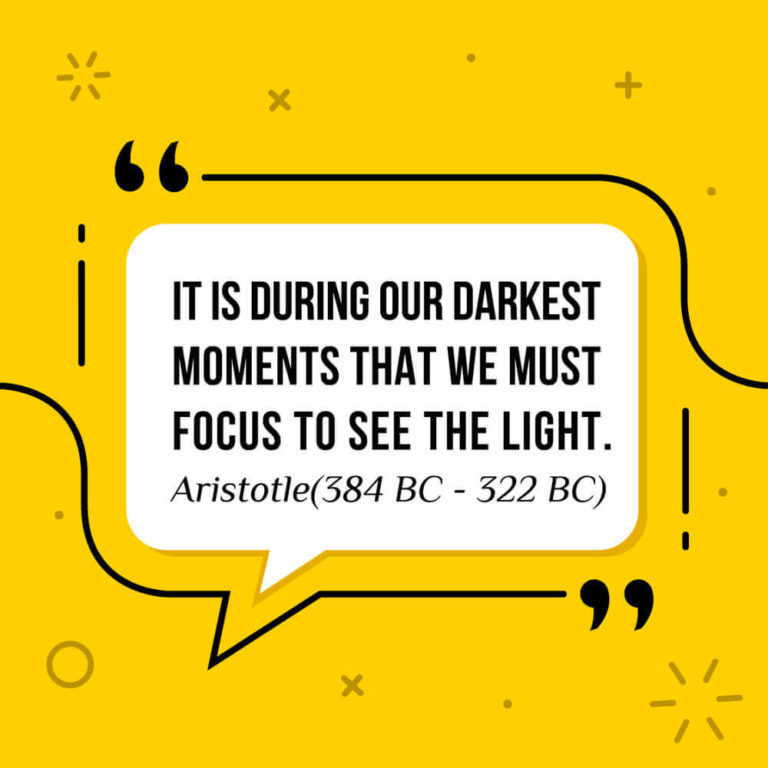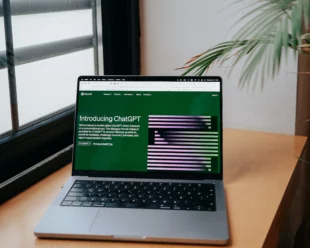
The world of the internet is gigantic. And we could easily lose direction if we don’t have the faintest idea about proper research skills and techniques. Around 1 trillion megabytes of data is produced on the internet every day. Hence, finding the data that ticks all your boxes require you to curate the data in a strategic way.
This article will walk you through the ten cardinal steps to improve how you utilize the internet for retrieving information. We are here to help enhance your research skills and ace in that research project you are working on!
10 Tips To Improve Your Online Research Skills
Colleges arrange all sorts of writing seminar classes and workshops. However, the part where we teach real-life research skills to the freshers hardly ever happens. At best, students get a tour of the campus library with the librarian. However, the tour includes next to zero guidance on utilising the library resources with efficacy.
Considering the situation, students often rely on Wikipedia because it is quicker for a rundown of the information they need. However, learning research techniques can be good for your personal development. And college may not assist you in the process. So, you need to acquire the research skills and work on them by yourself.
Without further ado, let’s look at the ten techniques you can follow to become an expert in research.
1. Start Broad to Find a Specific Topic That Sticks
The first step in developing your research skills is to start big. Look into and read about the controversial issues around the world right now. If you are writing a paper for college, chances are your instructor already rolled out guidelines. Follow them for writing an appropriate paper.
If you do not adhere to the parameters, your instructor may not deem it as acceptable. For instance, you can’t write a paper on the origin of the Olympic Games in a STEM class. Hence, the topic has to be course-appropriate.
However, choosing the topic you want to work with will be solely your decision. The basic tip to selecting a topic is to choose something you are personally interested in. This will weaponise your motivation to deliver great content to your reader. Secondly, you will enjoy yourselves as you brush up on your research skills, learning more about the issue.
2. Do a Preliminary Search Online
Before you start writing, do a quick search on Google or Wikipedia. It will provide you with a brief idea about the work that has been previously done on the topic you want to work with. However, it doesn’t necessarily mean you can use Wikipedia or Google as reliable sources.
Use these tools to get an overview and a clearer understanding. Moreover, this is one of the vital research skills you can use to make sense of keywords. Using the appropriate keywords will help pose your arguments carefully. For instance, if you want to write a paper on the legalisation of marijuana, do not type that into the search engine. Instead, put the word marijuana and see what comes up.
Use broader keywords to get better results. Consequently, draw an outline of questions. And use those questions as keywords to look up online. It is one of the crucial tips for enhancing your research skills. Consequently, the more source of information you can have, the more original your paper will be.
We’ve all been through the struggle of finding valid information for our semester final analysis paper. You might be an excellent writer or drafter. But not having proper research skills can stop you from reaping the benefits of your gift.
You can take our internet research skills training course and learn how to find accurate information. The course will teach you to evaluate and validate the credibility of your source.
Internet Research Skills Training
Finding the appropriate information from the internet is tough because of the widespread use of blogs and the effect of SEO and marketing.
Enrol Now
Internet Research Skills Training
Finding the appropriate information from the internet is tough because of the widespread use of blogs and the effect of SEO and marketing.
Enrol Now
3. Proper Use of Online Search Engine & Learning Tools
Using of online search engine more efficiently improves your research skills. So don’t spend all your time on Google, or just one search engine for that matter. First off, use your organisation’s online library resources. School libraries tend to have subscriptions to a plethora of academic databases.
Next, make yourself acquainted with Worldcat. It has over 2 billion bibliography items ready for you. Consequently, WorldCat is connected to library catalogues all over the world. You can use this feature to locate a particular journal, article, or book’s whereabouts. In short, WorldCat is the best friend every researcher wishes to have.
Consequently, you need to know how to experiment with keywords and filters. You might be knowledgeable about an ample amount of search engines. But having access to it won’t necessarily help.
It would help if you refined your online searches for better results. You can’t just type in a phrase and hit the search button because you will not find the data you want if you do that. This is where your expertise on keywords can help. Extract the essential words from your research questions. Moreover, use words synonymous with your keywords to generate better search results.
Using refined keywords and filters can help you dig deep into the subjects. As a result, you can find specific and useful information on your topic. Thus, keywords and filters are the ultimate search engine optimizing tools.
Advanced Keyword Research Course
This course will give you a detailed guide on how to do keyword research.
Enrol Now
Advanced Keyword Research Course
This course will give you a detailed guide on how to do keyword research.
Enrol Now
4. Analyse the Credibility of Your Source
Anybody can publish their work or opinions on the internet. While you should not limit your research to a couple of articles, you should discern the source’s credibility. You can assess and analyse the credibility by always remaining vigilant.
Ask yourself questions like, does the source provide a similar view like other sources? Can the source give enough evidence to back up its claims? Does the source seem biased or have an ulterior motive? Does the author have sufficient expertise in their field? For instance, if an English major graduate starts conceptualising theories of quantum physics, steer clear right away.
For academic purposes, it is best to source information from academic journals and articles. However, books written on the broader aspect of your topic can be excellent sources too. Academic books have a lot to offer. Apart from the information, you can take up a tip or two about improving your research skills.
Using newspapers and blogs as credible sources are frowned upon in academia. However, it won’t hurt you to read them. If anything, these would make you more knowledgeable because blogs and newspapers present you with more unprocessed and practical information in real-time.
5. Cross-Check Your Information
You now know where to and how to collect information from credible sources. Cross-checking the information you collected is integral in enhancing your research skills. As we’ve mentioned earlier, the internet is a big place. Anybody can publish their work without any factual checking.
Sometimes, the information from a source can be outright wrong. Hence, you must cross-check information with at least two other web pages. Remember the phrase that you don’t buy the first car you see? The rule applies to gathering information online as well. You should not get stuck on just one webpage. Stick to sources that have made their reputation providing quality information.
If you can’t verify the truth of the information to your satisfaction, better not to use it at all. Also, steer clear of social media for collecting data. It is a beehive full of misinformation.
6. Take Notes & Organise Your Information
The initial stage of honing your research skills can feel a lot like trudging through the mud. There are millions of data out there. Moreover, there could be thousands of previous research done on your topic. Needless to say, going through thousands of articles or journals is next to impossible.
However, you need to note down every useful information you can get from the source. This technique will help make your work more informative. Moreover, noting down the information will help you to be more organised. If you don’t take notes from the beginning, useful data might get neglected in the process.
Consequently, you might find yourself going through the same article multiple times to find a piece of information. This could make you feel lost and frustrated. Moreover, it takes away your precious time. While noting down the quotes and information, note down the page number and bibliography on the side. It saves you from fumbling away.
Consequently, make notes of your speeding thoughts in the notebook. Because chances are you won’t get the same idea twice. Make use of the bookmark tool. You can store the URLs in the bookmark in a separate folder. It will be easier for you to navigate. And later on, you could easily make a bibliography of all your references from the bookmark.
7. Cite Your Sources
You always need to give credit and cite your sources. Not citing your sources fall under the category of plagiarism. And it is a severe violation of academic integrity. Hence, give credit where credit is due.
Moreover, citing your sources further increases your credibility. In contrast, passing off someone else’s words as yours make your readers sceptic. Even if you plagiarise a single sentence, the whole point gets lost. No amount of research skills can help if you do not cite your sources. You can use any of the two popular citation formats; APA or MLA.
By citing your sources, you are also helping others brush up their research skills. As reading and collecting information from reliable sources is integral in developing your research skills. No matter how good your argumentative paper is, your instructor can take disciplinary actions if you fail to cite your sources. Because in academia, plagiarism is avoidable while dishonesty is deplorable!
8. Put Your Time Management Skills Into Use
As soon as you get a project on hand, make a research schedule. Create a few hours window in a day when you do nothing except work on your research project. This will let you block all the distractions and focus on the work at hand. In a sense, your time management skills can help you level up your research skills.
Proper research needs a systematic strategy. Not maintaining a timesheet can throw you off the schedule. You may feel like you are all over the place. Your progress may even seem cluttered. Map out how many minutes you will spend on each article. Moreover, you can make a routine of short breaks that you need to take in-between.
Choose a day in a week you feel more comfortable fiddling around in the library. It is better if you stop yourself from checking socials while working. Even just a little peek could throw you off the track. Because when you take an unscheduled break to check your emails, you have to reorient yourself when you come back. So, it is better to put your phone in do not disturb mode because it will help you keep focused.
9. Be Patient & Tackle Challenges
In the present world, we are used to getting things instantaneously. Do you want the latest iPhone? You pre-order it and receive it on the release day at once. Need a waffle machine? Amazon Prime comes in with their same-day delivery policy.
However, the scholastic and research world is very different. In the sense that no one will serve you the data on a silver platter. You need to throw your hat into the ring and get the job done by yourself! And sometimes, searching through a pool of data and information can become very tedious.
You might even get frustrated if you do not find the answers you were looking for. And that is okay! However, you should not throw in the towel. Part of being a good researcher is about being patient and persistent. Some days, you might not find what you are looking for.
Regardless, you have to tackle all the challenges for finding the relevant information. Use sources that are even remotely related to what you are looking for. Sometimes, your job will be about drawing the faintest connection between a source and your topic. Moreover, you will need to comprehend and analyse the source for bringing attention to new ideas.
10. Be Ready For Unexpected Answers
Embracing uncertainty is what makes someone a good researcher with optimised research skills. Keep an open mind while you go into research for a topic. You might be presented with some very surprising answers. That is the thrilling part of your job.
Remember, mere looking for confirmation for what you already know is not a good practice. It makes your research scope too narrow and limiting. Moreover, there might not be enough information online on your research. Consequently, the sources may present arguments contradictory to your views. And you need to be okay with that!
Because you need answers to your research question, not reaffirm your belief, reformulating your opinions based on facts and evidence is a good practice. In addition, it adds to the effort of strengthening your research skills.
Internet Research Skills Training
Finding the appropriate information from the internet is tough because of the widespread use of blogs and the effect of SEO and marketing.
Enrol Now
Internet Research Skills Training
Finding the appropriate information from the internet is tough because of the widespread use of blogs and the effect of SEO and marketing.
Enrol Now
Conclusion
Research is not just about going through tons of articles or newspapers in a day. Online research skills are all about techniques. Believe it or not, your online research skills are not just for academia. These are transferable work skills. These 10-step research strategies are going to increase your productivity at the workplace, too.
For instance, you may need to research your competitor and develop a better marketing strategy. And to do that, you need to dig deeper and research what your consumers need. The process can be compared to a domino effect. It would help if you devised a proper game plan before diving into it.









































































